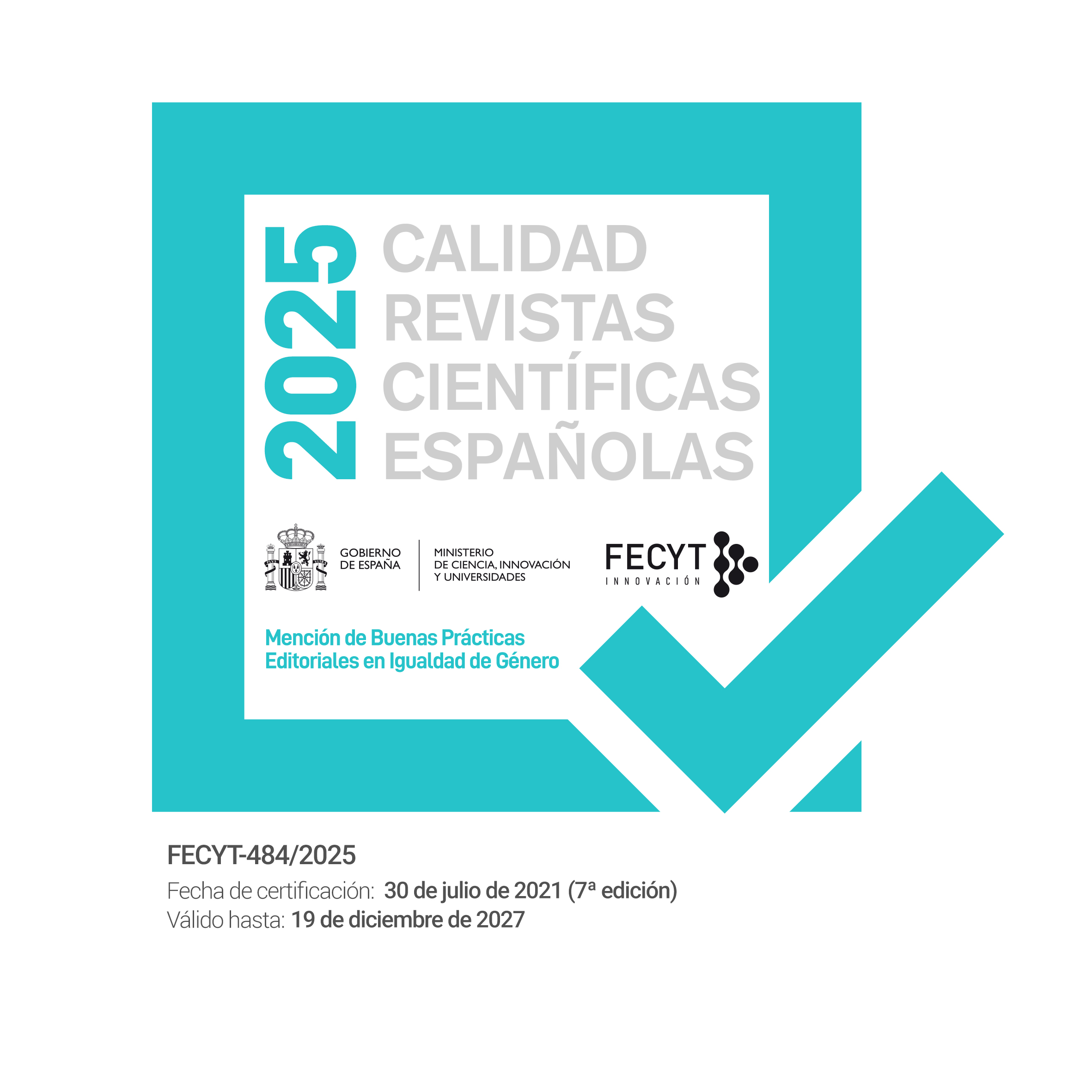The documentaries and newsreels as an open text for thinking about the aesthetical and political education
DOI:
https://doi.org/10.5944/hme.5.2017.16635Keywords:
Educational propaganda, Ideologies of the education, Film heritageAbstract
The use of documentaries and newsreels as a source for the study and dissemination of the educational memory gives us access to the visions promoted by different ideological groups. The nature and differences in perspective in the newsreels and documentaries produced during the Spanish Civil War are especially notorious, providing us with a glimpse of a time when novel aesthetic and narrative content came together to facilitate the the creation of collective imaginaries as proposed by the different political parties. Studies of this historical period have necessarily resorted to summaries and campaigns of this historical-educational heritage
Downloads
References
Amo García, Alfonso del. Catálogo General del cine de la Guerra Civil. Madrid: Cátedra-Filmoteca Española, 1996.
Crusells, Magí. «El cine durante la Guerra Civil Española». Comunicación y Sociedad XI (2) (1998): 123-152. Accessed May 24, 2016. http://www.unav.es/fcom/communication-society/es/articulo.php?art_id=145
Downloads
Published
How to Cite
Issue
Section
License
Authors who publish in Historia y Memoria de la Educación agree to the following terms:
- Authors retain copyright and grant the journal right of first publication with the work simultaneously licensed under a Creative Commons Attribution-NonCommercial 4.0 International that allows others to share the work with an acknowledgement of the work's authorship and initial publication in this journal.
- Authors are able to enter into separate, additional contractual arrangements for the non-exclusive distribution of the journal's published version of the work (e.g., post it to an institutional repository or publish it in a book), with an acknowledgement of its initial publication in this journal.
- Authors are permitted and encouraged to post their work online (e.g., in institutional repositories or on their website) prior to and during the submission process, as it can lead to productive exchanges, as well as earlier and greater citation of published work (See The Effect of Open Access).












